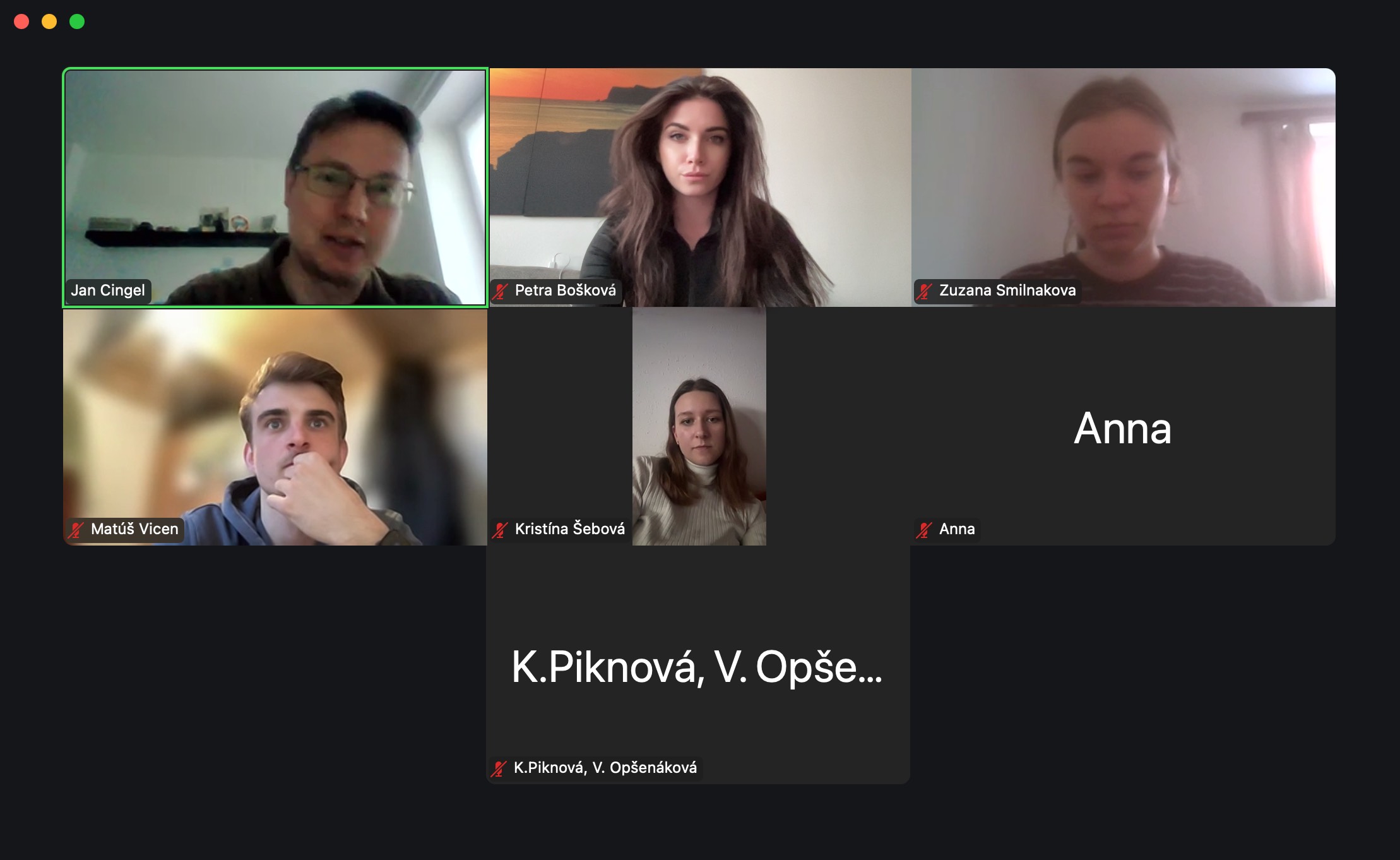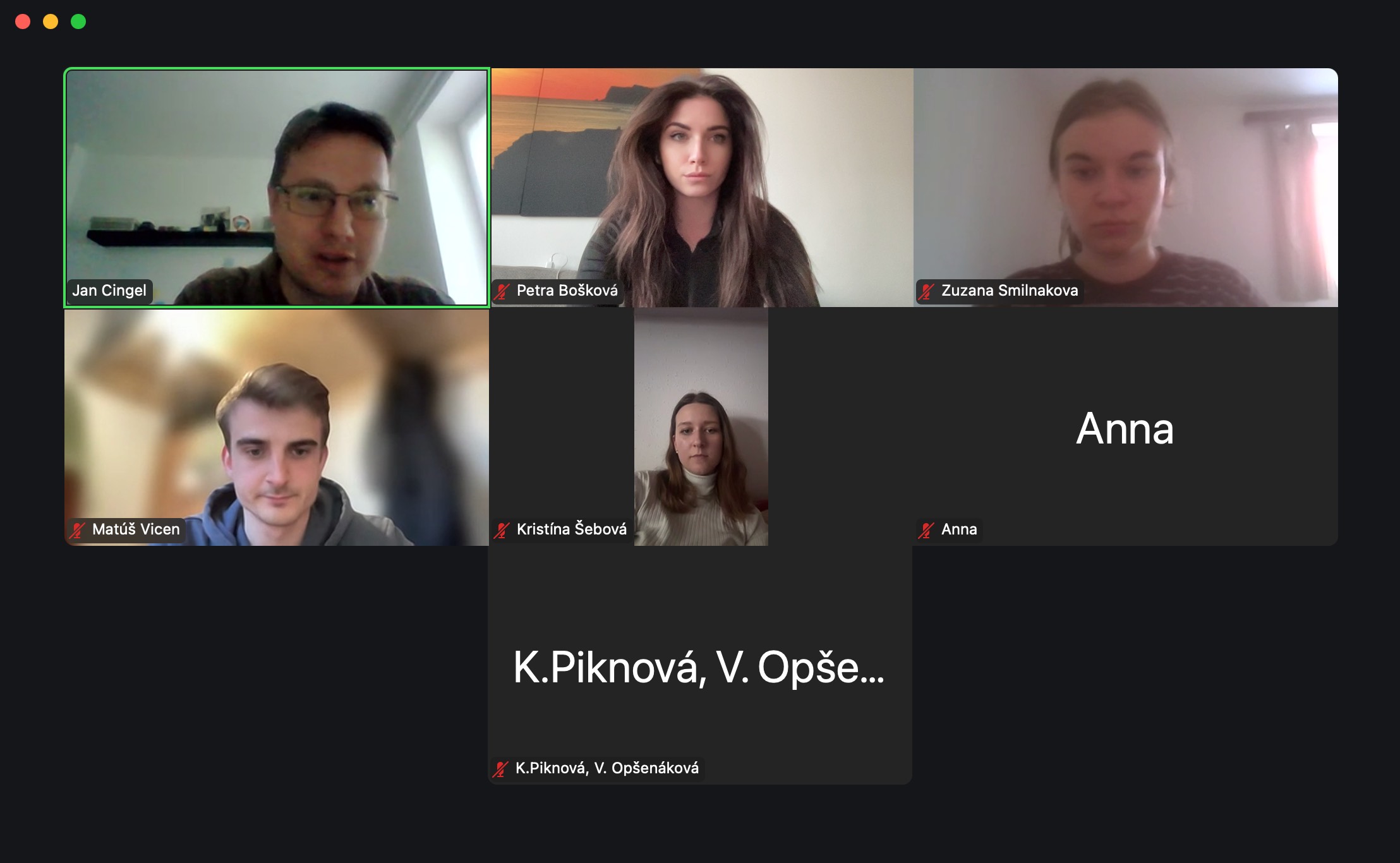WEBINAR: Milorad Dodik’s Case under Interpol Investigation
On April 2, 2025, Strategic Analysis organized the third online webinar this year with our Young Leaders‘ Programme members. The discussion focused on Dodik Case and why Interpol refused Bosnia’s warrant request.
The political crisis in Bosnia and Herzegovina has deepened in recent months, especially due to actions taken by the leadership of the Republika Srpska (RS), one of the country’s two constitutional entities. President Milorad Dodik and other RS officials are accused of undermining state institutions and challenging Bosnia’s constitutional order. Despite arrest warrants issued by the Court of Bosnia and Herzegovina, the leaders continued traveling abroad, prompting the Court to seek international assistance via Interpol. However, Interpol rejected the request—raising questions about the boundaries between law enforcement and political influence.
On March 27, Interpol rejected a request from the Court of Bosnia and Herzegovina to issue Red Notices for Milorad Dodik, President of Republika Srpska (RS), and Nenad Stevandić, Speaker of the RS National Assembly. The Court confirmed this decision to Radio Free Europe.
Red Notices are not international arrest warrants in the legal sense, but they are powerful tools for tracking and detaining individuals wanted by national judicial authorities. In this case, Bosnia asked for international help after Dodik traveled to Israel and Russia, and Stevandić to Serbia, ignoring active arrest warrants issued within Bosnia. RS Prime Minister Radovan Višković is also listed under the same warrant.
On social media, Dodik claimed that Serbian President Aleksandar Vučić had informed him of Interpol’s decision, confirming that Serbia’s appeal against the Red Notice request had been accepted and that the warrant would not be issued. Dodik thanked Vučić, as well as Hungarian Prime Minister Viktor Orbán and other unnamed world leaders who allegedly supported him, for recognizing what he called the “political nature” of the legal actions taken against him.
Back in March, Serbia’s Deputy PM and Interior Minister Ivica Dačić argued that the warrant request violated Article 3 of Interpol’s Constitution, which bars the organization from intervening in matters of political, military, religious, or racial character.
Dodik was previously convicted by Bosnia’s Court in February and sentenced to one year in prison and six years of political disqualification for failing to follow decisions from the Office of the High Representative. In retaliation, the RS Assembly passed a series of laws rejecting the authority of several Bosnian state institutions, including the Court, Prosecutor’s Office, SIPA, and the High Judicial and Prosecutorial Council.



Contact us